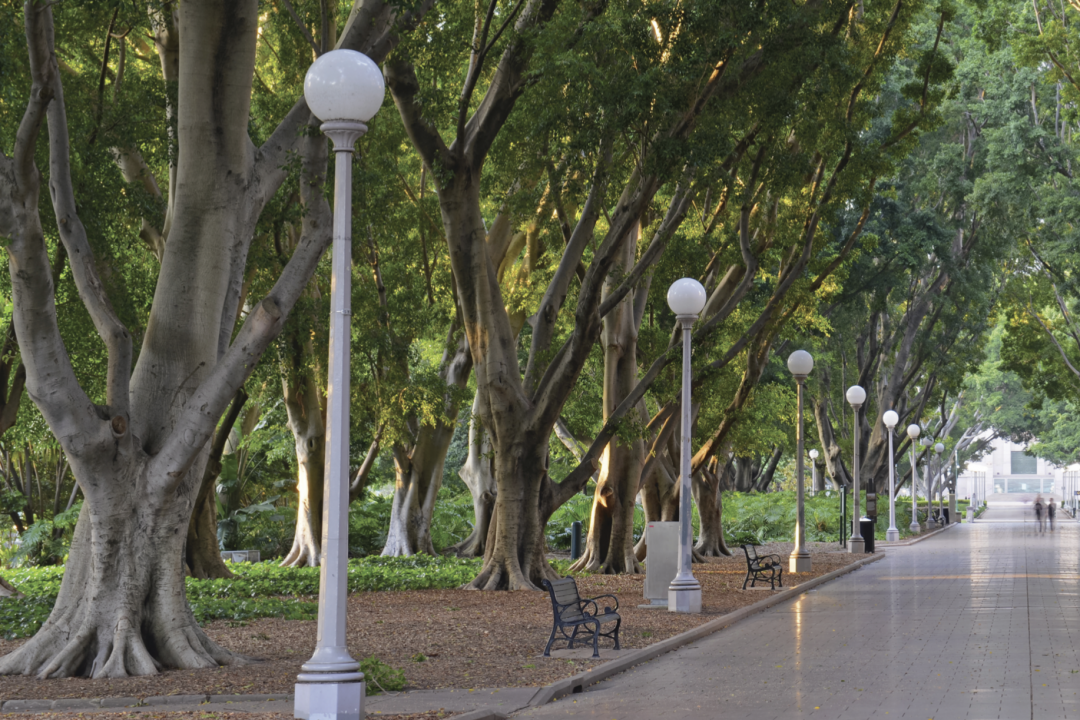
A new report by PIAC and Homelessness NSW highlights how negative interactions with police can stop people who are experiencing homelessness enjoying their rights and engaging with services to secure housing and achieve their goals.
‘Policing Public Space: The experiences of people sleeping rough,’ will be formally launched tomorrow at a solutions-focussed lunchtime forum with law and policy experts, as well as consumer advocates.
The report, which follows interviews with people sleeping rough in Sydney, includes disturbing personal stories of people being unfairly moved on, searched, and subjected to excessive force by the police.
‘Too often, the people we spoke to for this research told me stories of being left feeling humiliated, isolated, and hopeless after contact with police,’ said the report’s Lead Author, Madeleine Humphreys.
‘The overwhelming majority of people sleeping rough are suffering from physical and mental health issues or trauma. A policing response to homelessness is inappropriate, ineffective, and causes significant harm to the most vulnerable in our society.’
Katherine McKernan, Chief Executive Officer, Homelessness NSW said: ‘For too long we have known that people experiencing homelessness are over-policed. This report allows them to explain in their own words the impact this has on their lives. Over-policing is but one cost of homelessness that safe, secure, supported housing would diminish.’
Kira Levin, Managing Solicitor, PIAC’s Homeless Persons’ Legal Service, said that the over-policing of people sleeping rough in public spaces contributes to the criminalisation of homelessness.
‘We need to stop characterising rough sleeping as a law and order issue and start taking an approach that recognises and respects the rights of people experiencing homelessness and provides opportunities for them to access services and support,’ Ms Levin said.
Read ‘Policing Public Space: The experiences of people sleeping rough’ or find out more about the public forum.